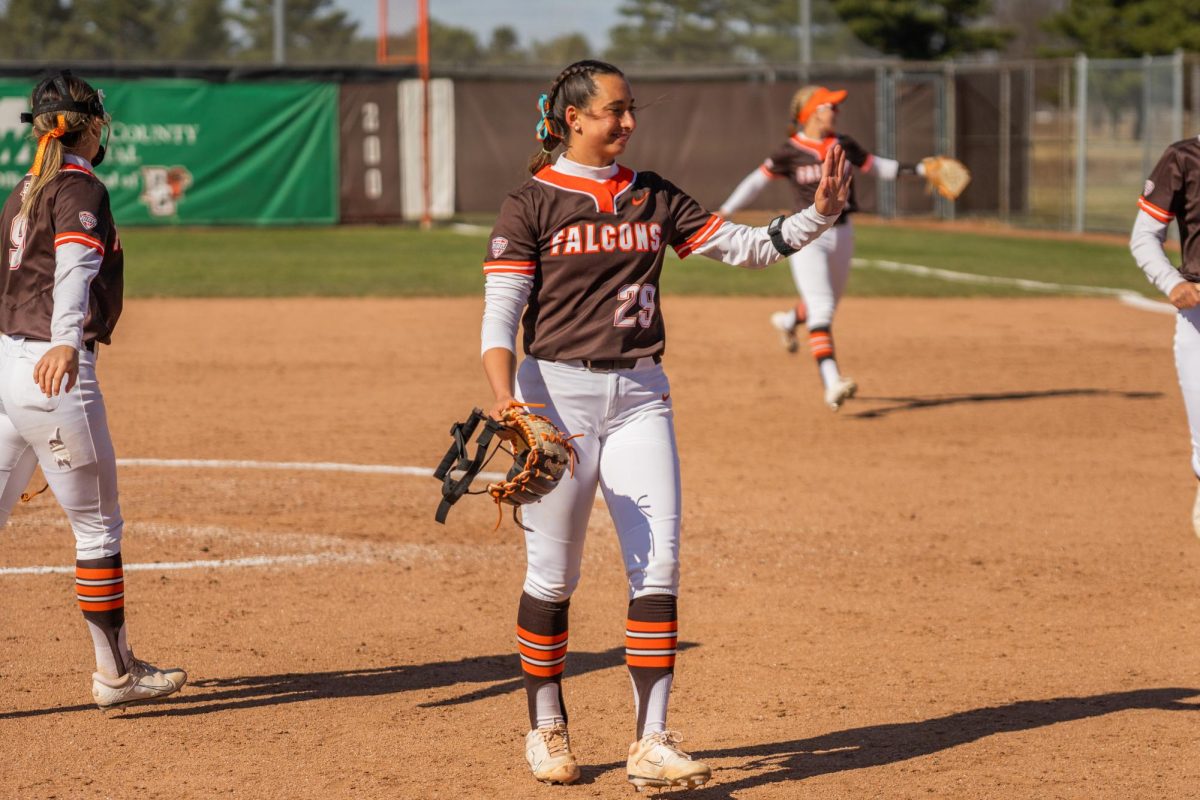In response to a mass shooting in San Bernardino, California, in which the husband and wife attackers were fatally wounded, the FBI has requested that Apple Inc. provides a software to help unlock an iPhone 5c which belonged to one of the attackers.
Currently, the software, designed to eliminate the programming that causes the iPhone’s encrypted data to delete itself after ten incorrect guesses at the passcode, doesn’t exist.
Apple iPhones automatically encrypt the data they contain when a passcode is set. Encrypting, which means scrambling the data so that not even Apple employees can recover it without the passcode, was greatly improved to protect all data on a phone in Apple’s iOS 8 released on Sept. 17, 2014. The current iOS 9 was expanded further, showing Apple’s interest in protecting users from data compromise.
About 94 million people in the United States own iPhones. Of all college students, over 24 percent own iPhones.
Based on the company’s past actions towards user privacy, it comes as no surprise that the court order issued by the FBI is being fought. Calling the order “illegal, unconstitutional and dangerous” in the motion to vacate the order, Apple makes their position very clear: they will not compromise all of their users by creating this software.
In the case of the San Bernardino shooting, the FBI is citing the All Writs Act of 1789, which states “The Supreme Court and all courts established by Act of Congress may issue all writs necessary or appropriate in aid of their respective jurisdictions and agreeable to the usages and principles of law.” Apple, however, is citing the First Amendment, claiming that requesting a change to their code is violating their freedom of speech.
In researching this controversial string of events, I saw many articles that cited polls stating that a certain amount of citizens believed that Apple should comply with the FBI’s demands. Despite this, I have yet to actually speak to someone about this issue that disagrees with Apple’s stance. If Apple should build a back door, the precedent this sets is scary.
This could be detrimental to not only iPhone customers, but to all owners of smart phones.
Consider the consequences if the FBI is granted the backdoor software. Understandably, using the data to help understand a heinous crime makes sense. However, the FBI might start using the software to access any phone on the basis of any crime, or even suspected crime. This is a huge violation of privacy that we have fought so hard to achieve, maintain and strengthen.
In addition, what if the software falls into the wrong hands? Hackers are unable to decipher iPhone encrypted data because the methods to do so do not exist. If they are created, virtually any iPhone is compromised.
While I believe that the information on the phone is important to the San Bernardino shooting, I do not believe that it should come at the cost of the privacy of the citizens of the United States. The FBI’s aggressive methods to obtain the information is a step towards violating Apple’s rights, and our rights as well.
Respond to Taylor
at thenews@bgnews.com













